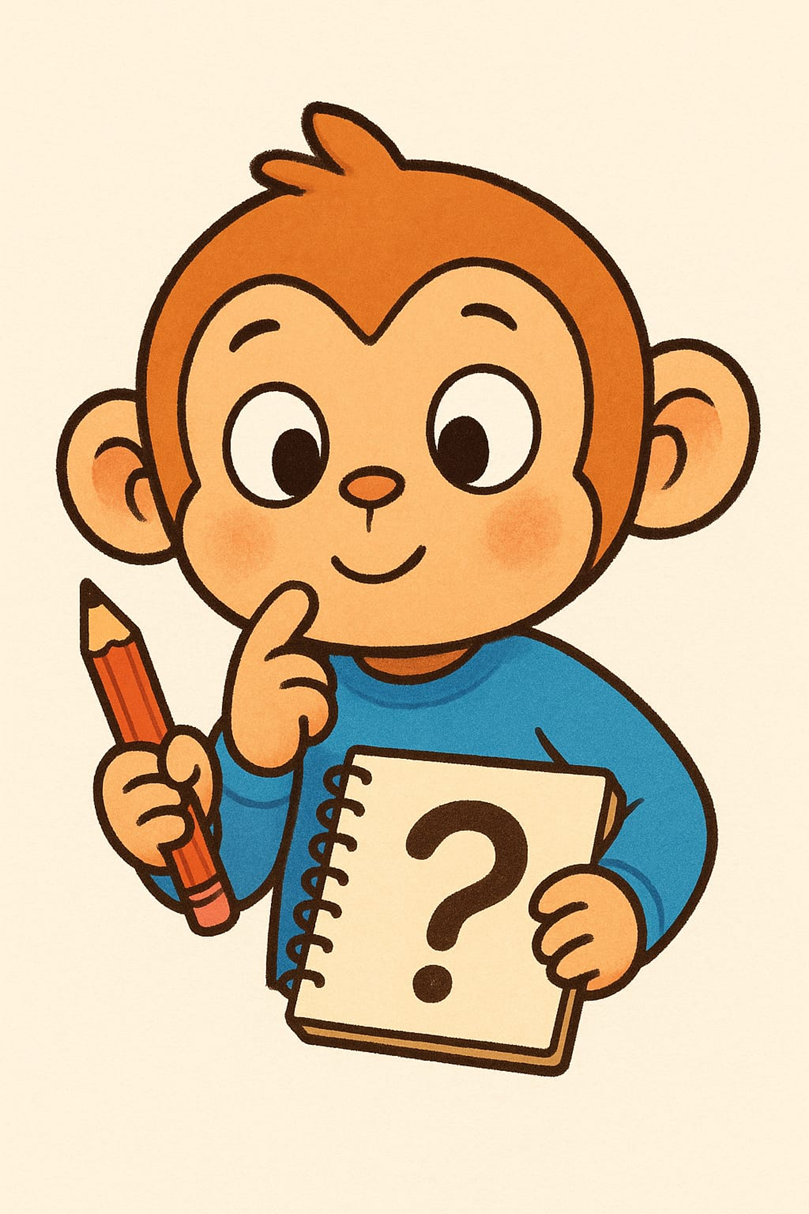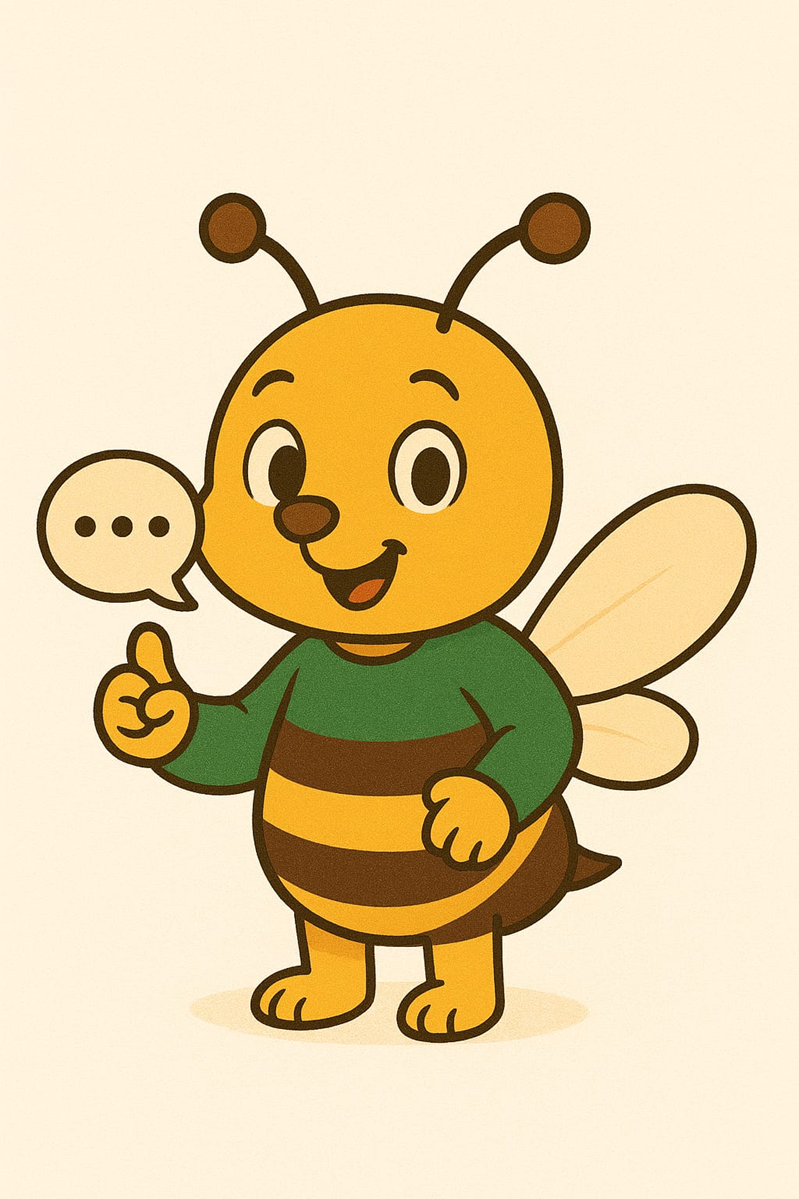Curriculum
Our curriculum aims to enable all children to become:
- Competent and creative learners who are curious about the world around them - Curious Creators
- Skillful communicators who can connect with others through language and play, ensuring that they play in a vocabulary rich environment - Clever communicators
- Independent investigators who develop practical skills - Imaginative Investigators
- Secure and confident individuals who enjoy coming to nursery, learning new skills and building on their existing learning, dedicating time to focus on health and self-care. - Wellbeing Warriors
We endeavour to give the children the Cultural Capital they need for future success thus giving each child the best start in life and the support that enables them to fulfil their full potential and achieve future success. We are passionate about creating opportunities for children to communicate more easily through developing language and communication skills. Fundamental British Values are at the heart of our curriculum and everything we do.
Each room reviews the curriculum on a termly basis to ensure that the children's individual needs are being fully met at all times.
Four pillars of learning
| Learning to know | Learning to do | Learning to live together | Learning to be |
| Curious Creators | Imaginative Investigators | Clever Communicators | Wellbeing Warriors |
| Focusing on curiosity and using critical thinking skills. Children will independently extend their own learning and be able to share what they have learnt with others. | Focusing on acquiring practical skills and implementing ideas. Children use the tools around them and the opportunities they are given to explore independently and get the most out of their environment. | Focusing on understanding and developing respect for others. Children can communicate with words, signs and gestures, their needs and feelings. They can understand the need for instructions and boundaries and follow them. | Focusing on personal growth and self awareness. Children will be motivated to engage in their environment and with others and not be discouraged and be willing to try again. |
 |  |  |  |
Within the Early Years Foundation Stage there are seven areas of learning and these are all interconnected. The Prime areas are Communication and Language development, Personal, Social and Emotional development and Physical development; for our youngest children there is a strong focus upon these areas. As children grow and develop there is a further additional focus upon the Specific Areas which include Literacy, Mathematics, Understanding of the World and Expressive Arts and Design.
There are a mix of adult led activities and child initiated play which is essential for children's development as they build confidence, explore, problem solve and interact with others. We recognise each child’s emerging needs and interests, guiding their development through warm, positive interaction. As children grow we support their school readiness, maintaining a close contact with the schools that our children move to.